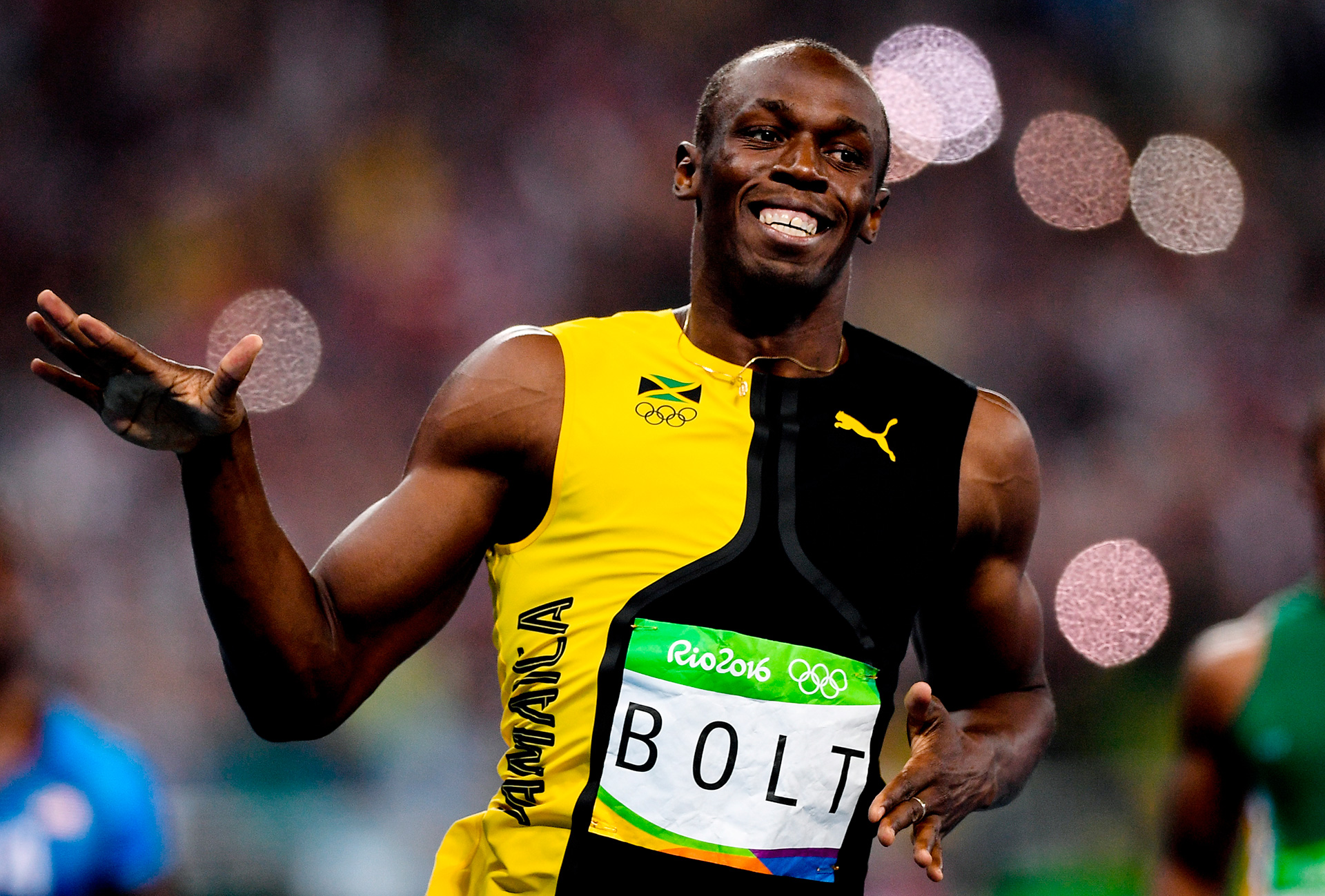
Bolt’s Joy: Smoking Pot Before Competitions Is Now Allowed
All of Jamaica, tens of thousands of athletes, and millions of people who are not interested in track and field, have been celebrating the victory together with Usain Bolt. Bolt set a record by winning a 100m race at the third Olympics in a row, and also he will never have to lie about his attitude toward marijuana again.
In 2009, during an interview, Bolt was asked a question inevitable for every Jamaican and carelessly answered that, of course, he tried pot: “When you’re a child in Jamaica, you learn how to roll a joint,” but that last happened to him many years ago. He could survive the reaction of the conservative audience, but his sponsors could not. After several days, Bolt apologized before the country and his fans, and advised young athletes not to try any drugs ever.
Only after four years, the runner grew bolder and a posted a photograph of his The Pothead Diaries brand T-shirts on Instagram. In these four years, the number of states that sell medical marijuana increased to 20, in the Czech Republic they allowed the growth of up to five bushes for personal use, and in Spain, over 700 cannabis clubs opened. Most importantly for the athlete, the World Anti-Doping Agency (WADA) increased the allowed levels of cannabis active substances in the urine tests of athletes from 15 to 150 nanograms per milliliter. This is three times as high as the army allows its service personnel.
Bolt set a record by winning a 100m race at the third Olympics in a row, and also he will never have to lie about his attitude to marijuana again.
Translated into the language of the real world, it means that athletes will now be published for smoking only on the actual day of the competition. The Olympics in Brazil became the first large competition where the new rules were applied. This was another step in the creeping legalization of soft drugs all over the world.
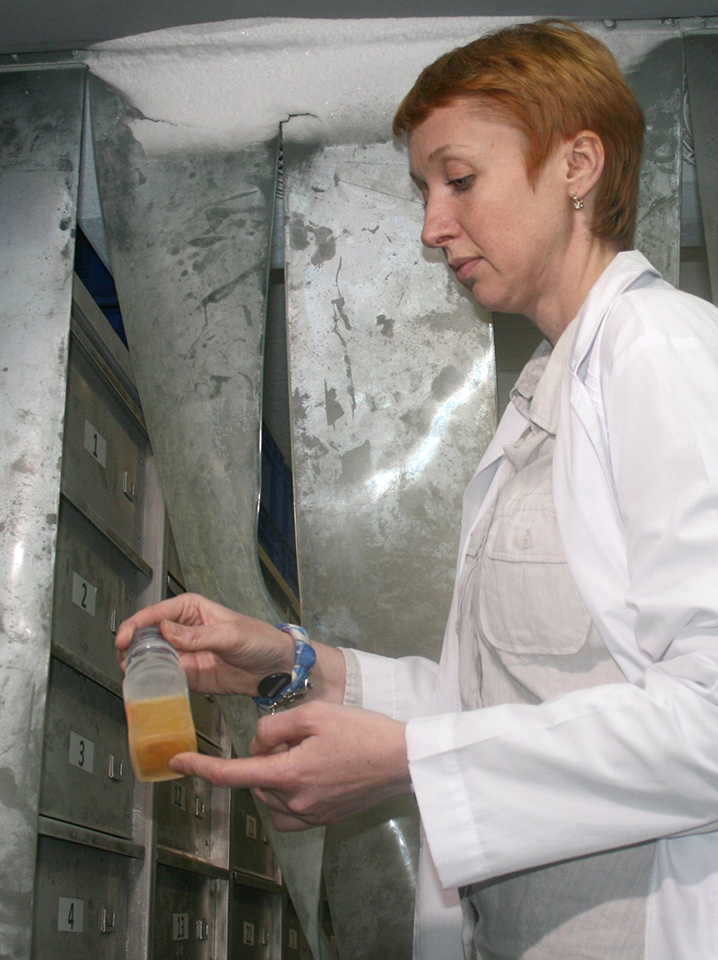
Harmful Usefulness of Marijuana
In 1999, WADA gave the national sports federations the rights to confront participants of competitions who smoke marijuana, and in 2004 they fully banned it in all kinds of sports. When criticized for the lack of evidence of the positive effect of grass on the results — “I can’t get off my sofa after three drags!” — WADA officials replied with the explanation that active substances in cannabis pass all three criteria applied to substances that are prohibited for use by athletes:
- Enhances sport performance. Although marijuana decreases coordination and spatial perception, its other effects may be useful for some athletes or even entire types of sport. Firstly, muscle relaxation decreases pain when recovering after practices. Secondly, lower anxiety improves productivity under stress. When athletes forget about past falls and traumas, they can choose more risky and effective strategies during competitions.
- Represents a potential health risk. A number of studies shows active smokers have increased the probability of respiratory and lung infections, and the increased heart rate increases the probability of a heart attack. The chronic attachment to marijuana is also linked with cases of paranoia and psychosis.
- Violates the spirit of sport. Marijuana is illegal in most countries of the world, so when athletes smoke it, it is against the ethics of sport.
Ross Rebagliati, a snowboarding champion in the 1998 Winter Olympics, whose gold medal was almost taken away after a positive test result for tetrahydrocannabinol, confirms the opinion of anti-doping officials. He is an active supporter of legalization and says that except muscle relaxation and decreased anxiety, it improves sleep and has an anti-inflammatory effect. Rebagliati asks us to think ethical is the prohibition of the substance that has proven to have a positive effect and only a potential health risk.
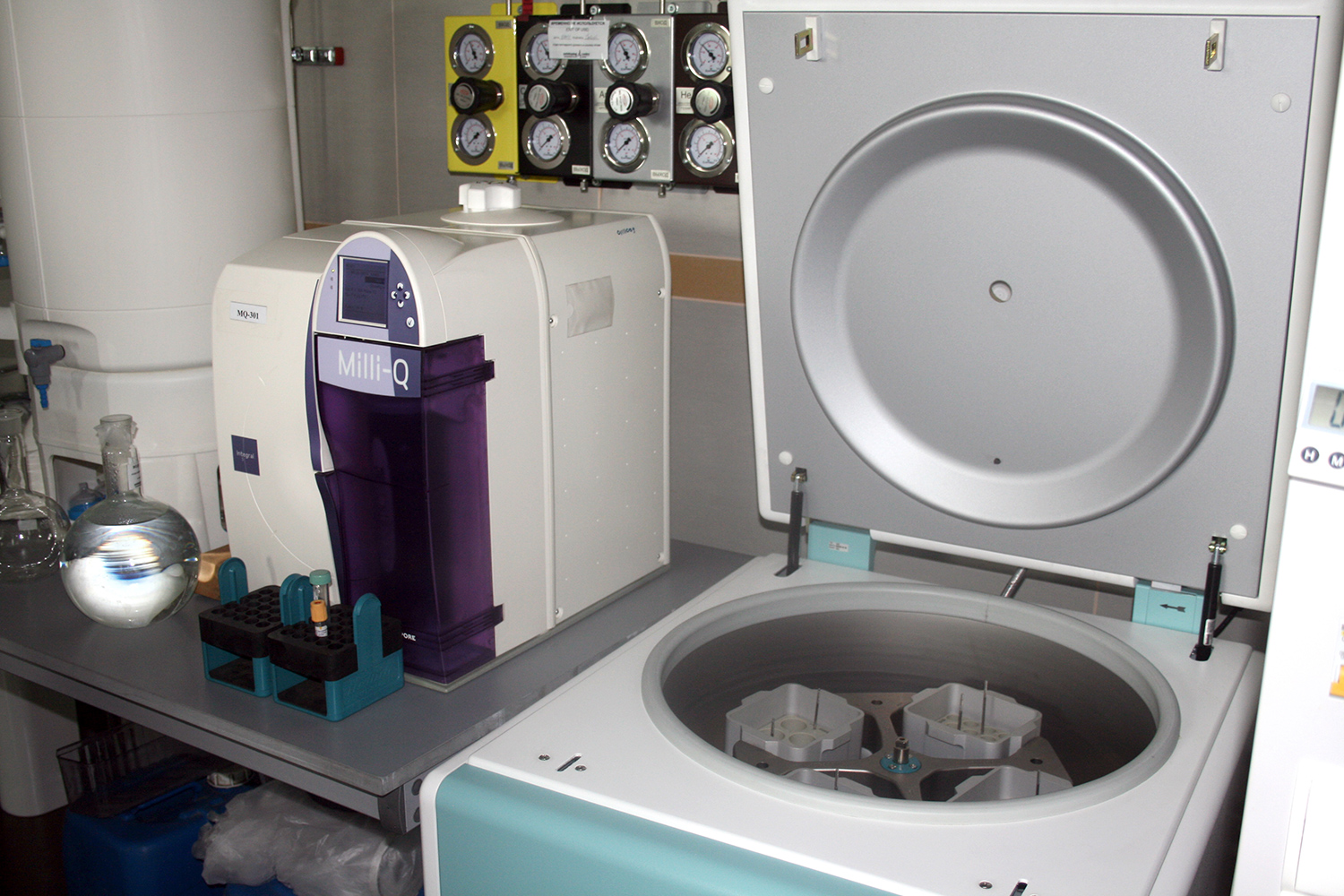
According to the fragmentary statistics, cited by USA Today, in 2003, cannabinoids were found in urine samples of 13.9% athletes (378 out of 2,716) checked by WADA. In 2011, already after the global ban in all kinds of sports was imposed, they were found in 7.9% (445 out of 5,600) samples. The only substances found more often are traces of anabolics and stimulators.
WADA recommends the disqualification of pot smokers for a period between three months and a year, but the federations are free to decide on stricter sanctions. Only in the US, in the past eight years, 28 athletes were punished for smoking, which means that the rules that were implemented for 12 years have spoiled the careers for dozens and hundreds of people.
Gotcha, Pothead!
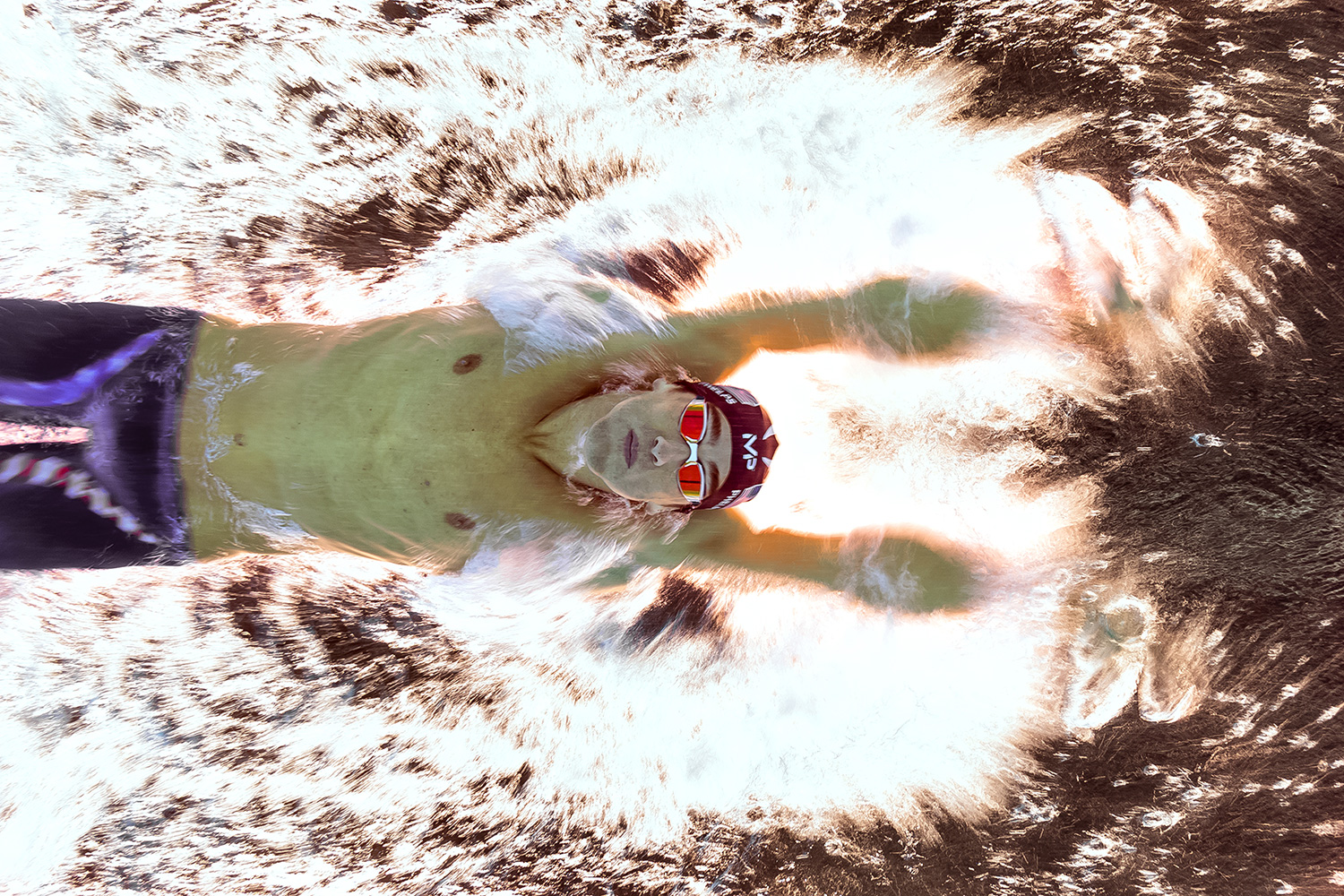
In 2009, the legendary Michael Phelps who now has 23 Olympic gold medals was photographed at a party while smoking from a bong. The picture cost him a three month disqualification and losing a contract with Kellogg, a dry breakfast producer. At the same time, Phelps is a participant of Project Believe, an organization that checks Olympic athletes for doping more often than any federation or anti-doping agency requires. The swimmer has never failed a single test.

In 2000, Mike Tyson’s doping test after the fight with Andrzej Gołota showed that he had smoked marijuana. As Tyson wrote later in his memoir, he just couldn’t get the prepared container with somebody else’s urine from his assistants. Mike was fined for $200,000 and deprived of a victory, although the spirit of his rival was broken and he surrendered between the second and third rounds.
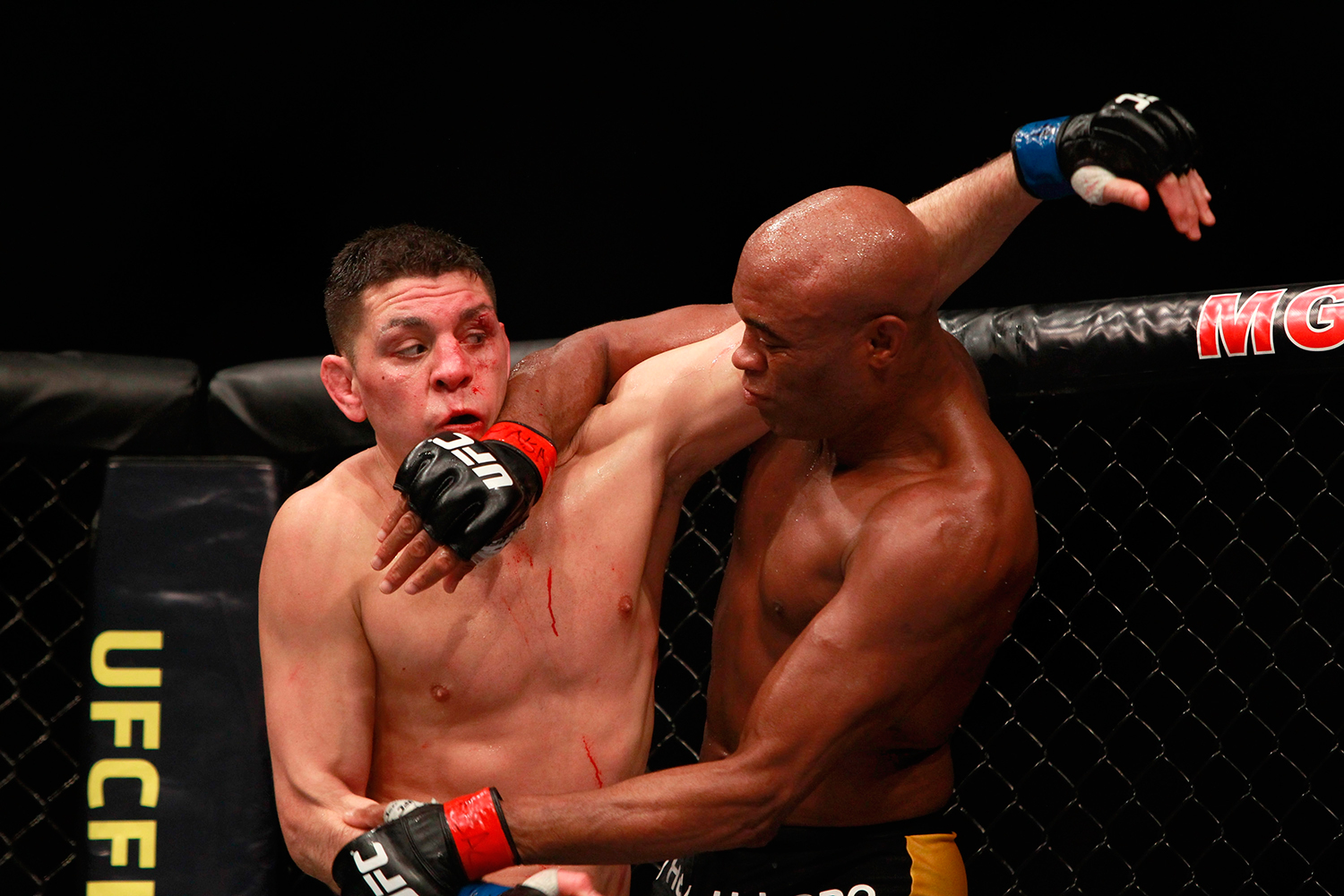
In 2015, after a drug test, the famous MMA fighter and former Strikeforce welterweight champion Nick Diaz was disqualified for five years and had to pay a $165,000 fine. He explained that his method of removing cannabinoids from his body failed him: drink four liters of water every day and lose four liters of fluid from sweat at the gym every day. The fine was later reduced to $100,000 and disqualification to 18 months — it expired on August 1, 2016.
During Nick’s forced vacation, his younger brother Nate Diaz became the star of the most prestigious championship, UFC. Answering the question about his rivals using doping in the interview in June, he said: “I’m cool with it, I don’t care. You do your steroids and I’ll smoke my medical marijuana and then we can get our fight on.”
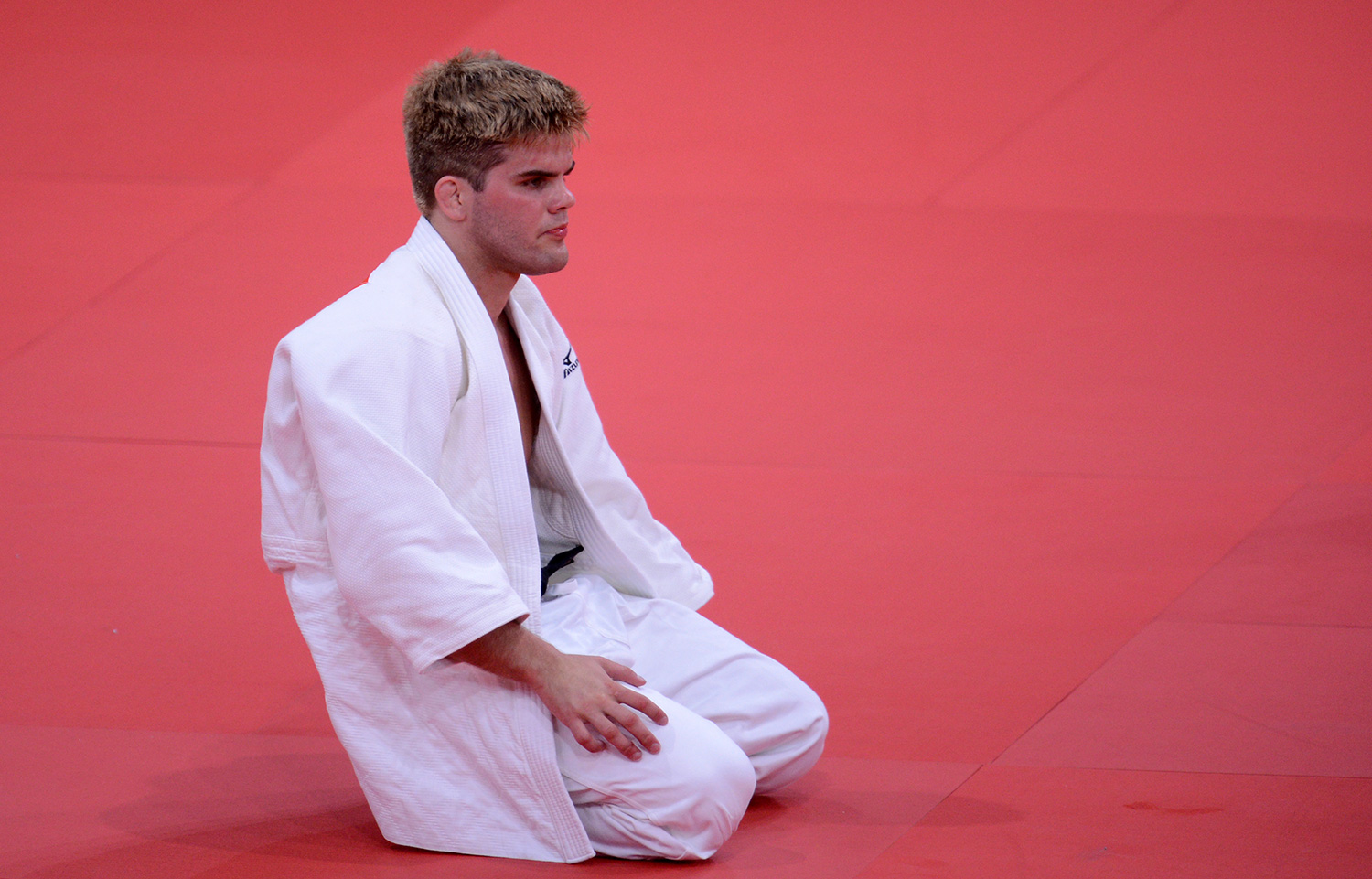
During the 2012 Olympics, American Judo fighter Nicholas Delpopolo failed the test and was disqualified. He made excuses by saying he ate a brownie at a friend’s party before flying to London that he did not know had hash in it.
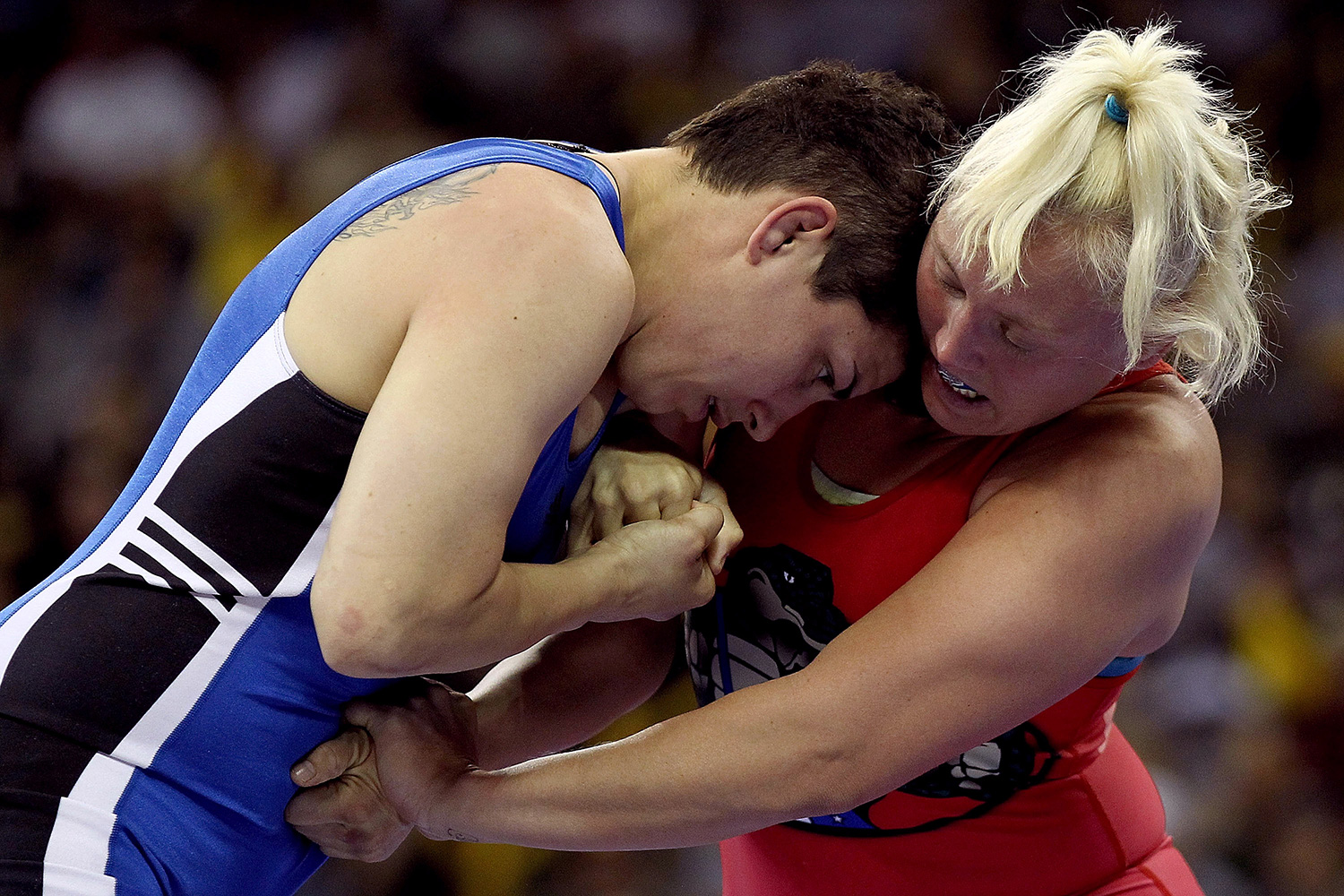
Before the same 2012 London Olympics, American wrestler Stephany Lee (L) was caught smoking pot and not allowed to participate in the competition. She said that she regularly smoked pot for her health, but took a two-week break before the Olympics.
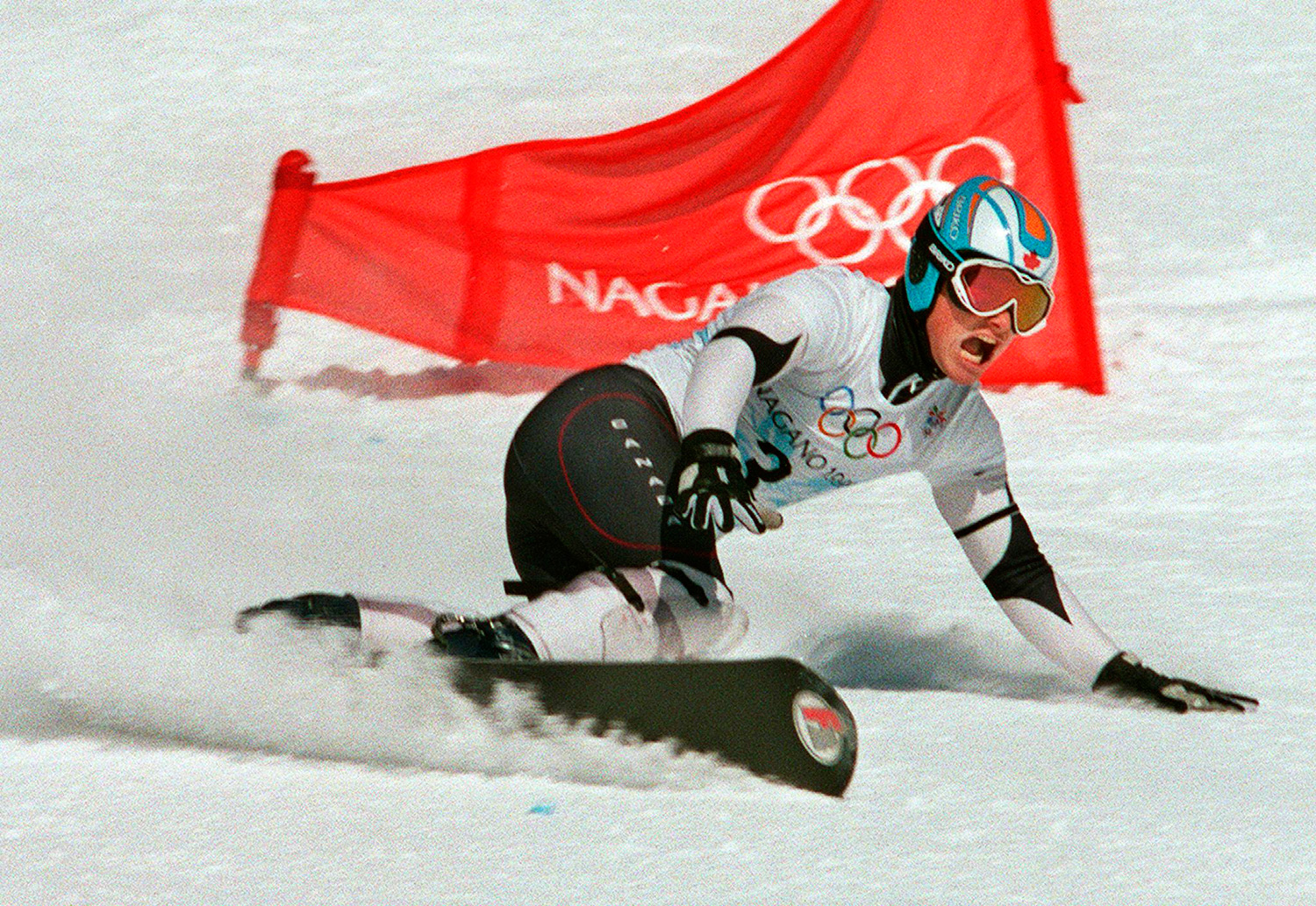
In 1998, during the Winter Olympics in Nagano, Japan, Canadian snowboarder Ross Rebagliati was deprived of a gold medal in the giant slalom when marijuana decomposition products in the amount of 17.8 nanograms per milliliter were found, which is much lower than the current limit. The athlete claimed that he inhaled smoke when his friends were smoking around him. At the time, marijuana was considered a drug, but was not on the list of substances prohibited by WADA. Rebagliati returned the medal with the decision of the Court of Arbitration for Sports. Later, he founded Ross’ Gold, a company that produces medicinal marijuana in Canada.
New and best




